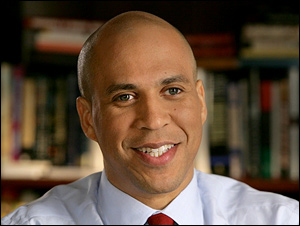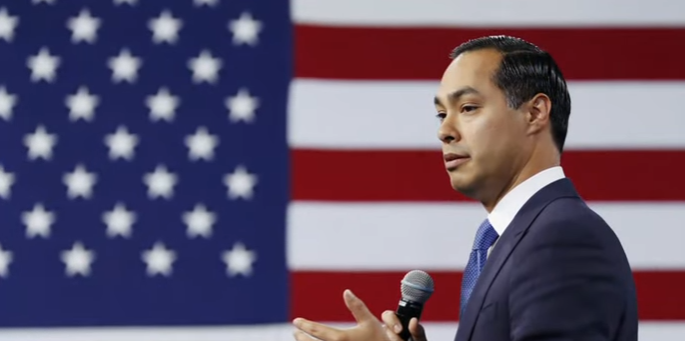By Jim Ellis
 June 8, 2020 — In most political campaigns, the final electoral result is determined not necessarily from transforming undecided individuals into positive votes, but rather ensuring that the candidate’s committed supporters actually cast their ballot. Therefore, accurately projecting and influencing voter turnout becomes critical for every campaign.
June 8, 2020 — In most political campaigns, the final electoral result is determined not necessarily from transforming undecided individuals into positive votes, but rather ensuring that the candidate’s committed supporters actually cast their ballot. Therefore, accurately projecting and influencing voter turnout becomes critical for every campaign.
Before the COVID-19 virus struck, many analysts and political prognosticators were predicting a record turnout in the 2020 general election, thus exceeding 2016’s all-time high 136.8 million presidential election ballots. Many stated that breaking 150 million voters was possible, with some even believing that was likely. The post-COVID primary vote participation figures now suggest otherwise, however.
There is a big difference in voter turnout before and after the COVID-19 virus attack. Prior to the March 18 societal shutdown, 25 states had held presidential primary or major caucus elections, meaning up to and including the March 17 election date in Arizona, Florida, and Illinois. North Dakota and Wyoming, because of the small attendance figures in their caucuses and reporting system, are not included in this matrix.
By mid-March, former vice president Joe Biden had broken away from the pack of Democratic candidates, and all of his major opponents had either dropped out of the race or were headed down that path. When voters cast their ballots on March 17, only Sen. Bernie Sanders (I-VT) and Rep. Tulsi Gabbard (D-HI) were advancing to the April 7 primary in Wisconsin.
Through March 17, Democratic primary turnout was up substantially from 2016, and on projected pace to meet the high turnout general election predictions if such a trend continued throughout the remainder of the election year. Republican turnout was down substantially in comparison to 2016, but that is obviously because President Trump had no serious opposition for re-nomination. Therefore, only the Democratic turnout numbers are viable for making statistically relevant calculations and projections.
Through the 25 tested presidential primaries ending March 17, turnout was up 14.8 percent when compared to the open race four years ago in the 17 states that held primary or major caucus elections in both 2016 and 2020. Since the COVID shutdown, however, Democratic voter participation has fallen. In the 11 post-COVID states that held Democratic primary elections in both 2016 and 2020, turnout dropped 21.2 percent when comparing the participation figures from the aforementioned election years.





 Dec. 20, 2019 — As the most recent polling from national research sources and in key states shows President Trump gaining political strength, the US House last night, on a virtual party line vote, approved the resolution to send the Articles of Impeachment to the US Senate for trial.
Dec. 20, 2019 — As the most recent polling from national research sources and in key states shows President Trump gaining political strength, the US House last night, on a virtual party line vote, approved the resolution to send the Articles of Impeachment to the US Senate for trial. 